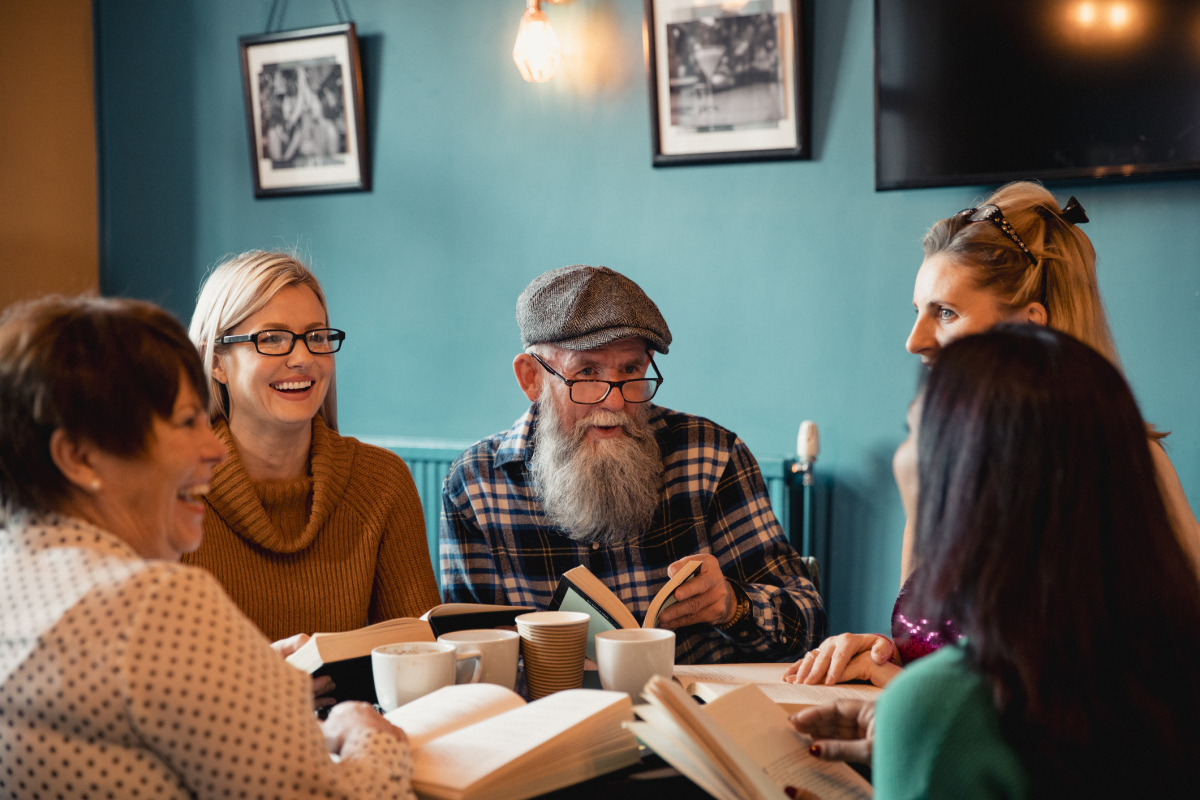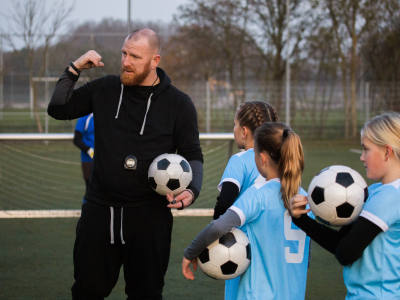Social arenas

Social arenas

Social arenas are places where people meet to spend time together. People often have different social arenas in their lives. The family, both the immediate family and relatives, can be social arenas. Schools and workplaces are important social arenas for many people. Many people meet their friends in their spare time. They may meet up at a café etc. or at each other’s homes. Many adults take different courses or further education in their spare time. Some people sing in a choir or play an instrument, and others are involved in various organisations. These are also social arenas.
Organised leisure activities

Many children take part in various organised leisure activities. They may be in a sports club or play in a brass band. Some go to the Scouts or the Guides, while others maybe go to a photography group. The parents are involved in many of these activities. Maybe someone’s mum trains the handball team? Maybe the parents take turns at driving children to and picking them up from various activities? This can be a great way for people who have recently arrived in Norway or have moved to a new area to get to know people.
Voluntary work
Voluntary work is work where you are not employed in the ordinary manner. The work is unpaid. Voluntary work is work for short periods – nobody works full-time as a volunteer! Voluntary work is often linked to organisations of public utility. Example include the Red Cross, sports clubs, cultural events etc.
Many people take part in voluntary organisations in the Scandinavian countries. They provides an opportunity to learn new things and make new friends. Many of these organisations also help people to learn about democracy. The participants gain experience of the rules of democracy such as taking part in meetings, elections and voting. Many voluntary organisations also influence political processes, both in the local community and at the national level.
Engaging in one or more voluntary organisations enables you to get to know people where you live and gives you a sense of belonging to your local community. You will gain a bigger network, which can make a difference in relation to work, education and day-to-day life.

Being together
There are many written and unwritten rules in all societies. There are also many rules that everyone knows, but that have not been written down. These rules differ from culture to culture. One example is how we greet each other. In Norway, it is common for both men and women to shake hands. It is also common to shake hands when we say goodbye to each other. Friends often greet each other by saying ‘hi’, hugging each other or patting each other’s shoulder. A common initial greeting is: ‘Hi, how are you?’ The common response is: ‘Thanks, fine. You?’

Immigrant: Would you like to visit me some day?
Norwegian: Yes, that would be nice.
One month later:
Immigrant: Why haven’t you visited me?
Norwegian: But you haven’t invited me.
What happened? In Norway, an invitation must be for a special day and time. Norwegians rarely visit friends without arranging the visit in advance.
Talk together

- Is it important that parents take steps to enable children to take part in organised leisure activities? Why or why not?
- Do you know whether there any voluntary organisations where you live?
- Discuss the statement ‘Without volunteers, Norway would grind to a halt’.
- What are the positives of volunteering?
- Find examples of unwritten rules you knew before you came to Norway.
- Find examples of unwritten rules in Norway.
- There are great differences in how different cultures regard guests, people spending the night, what is required of the person hosting the visit, how long a visit can last etc. Discuss these differences.


Select the right answer
What are social arenas?
Select the right answer
What is voluntary work?
Select the right answer
What is the normal way to greet someone you are meeting for the first time in Norway?
Select the right answer
What is the advantage of working as a volunteer?
Select right or wrong
Read the statements. What is right? What is wrong?
